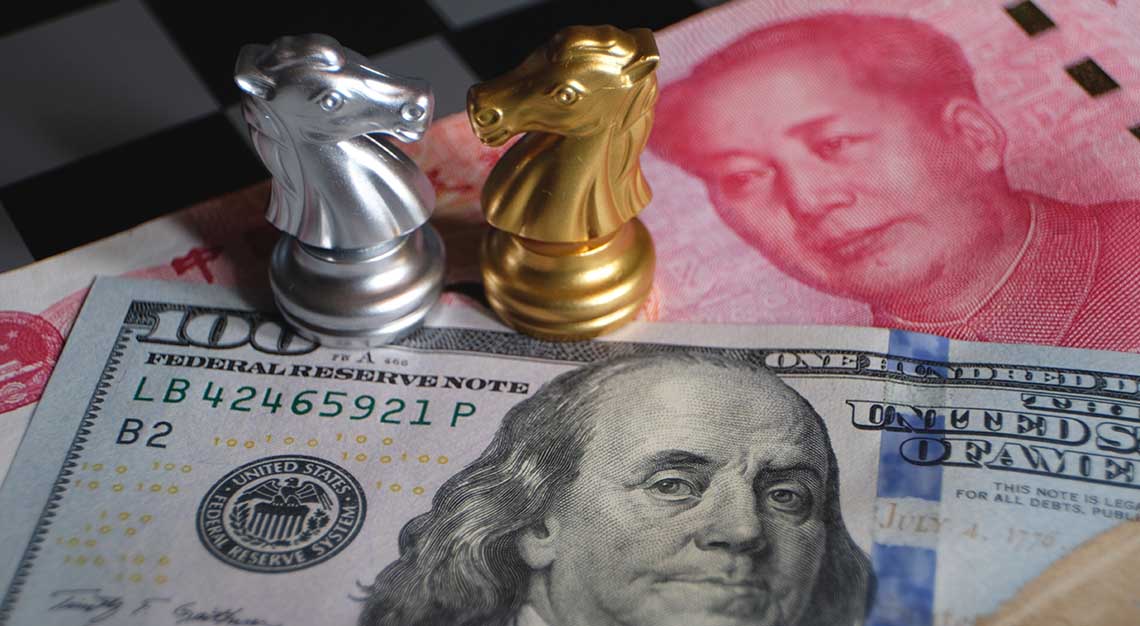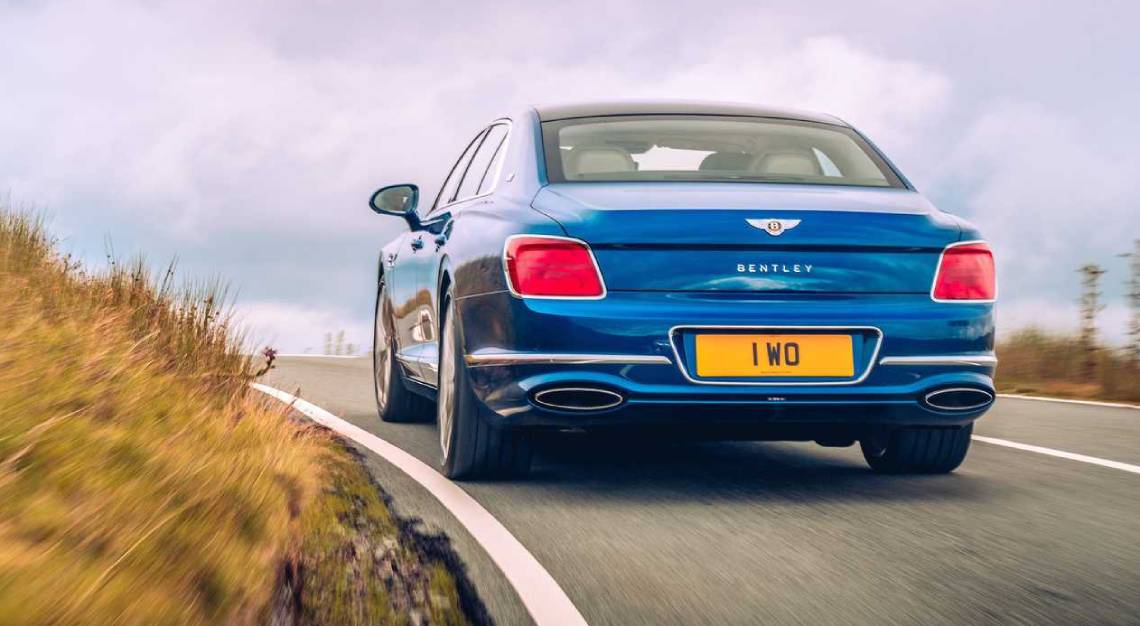What is a trade war, you ask?
It’s like any other war – it is combat between two parties – but the bullets are financial, and the ordinance is economic. The heat-seeking missiles are replaced by tariffs; the smart bombs by quota restrictions. The overall strategy is to damage the opponent’s ability to do business and make money, while benefitting your own bottom line.
How is a trade war possible in this day and age of globalisation?
Globalisation is a double-edged safety razor; anathema to some bleeding-heart liberals, and meat and drink to the world’s capitalists. It’s far from a perfect model, but it has ‘free trade’ at its core, and that has benefitted much of the ‘developed world’ – a phrase that we shouldn’t be using anymore, according to Bill Gates. Even Hans Rosling, in his book Factfulness admits that globalisation has made the world a better place overall, and while things are not necessarily great, they could be worse, and they are getting better. Free trade at least enables some of the ‘poorer’ countries to take a seat at the table at feeding times.
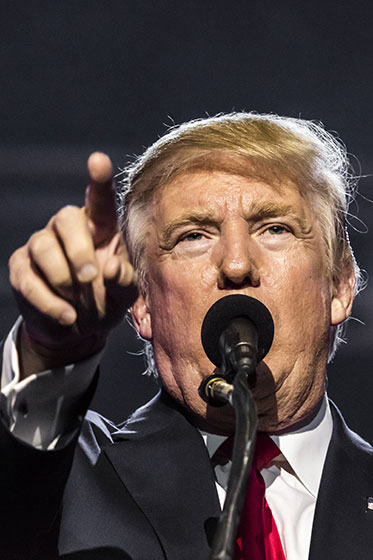
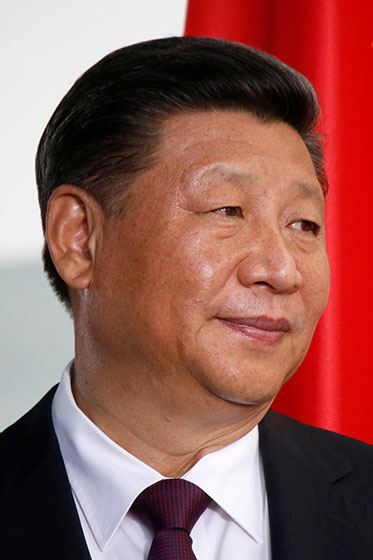
On that basis, there must be some parties who disagree with this assessment?
Indeed, and Donald Trump is one of them. Analysts do more than suggest that he is responsible for the current trade wars, of which several combatants are on the brink. His ‘art of the deal’ extends to protectionism – giving a competitive advantage to domestic producers and giving a big thumbs down for cheap, imported products from countries such as China.
And the objective is?
A competitive advantage for domestic industries and an attendant job creation scheme. This produces considerable political capital for an incumbent US president who has more than one eye on re-election in 2020. It’s certainly not the first time in American history; in the 1930s, former president Herbert Hoover signed the Smoot-Hawley Tariff Act into law. It was successful in reducing the dependence on imports, but, not surprisingly, trading partners retaliated – it was a ‘war’ after all – and US exports dropped disastrously (more than 60 percent) exacerbating the effects of the Great Depression rather than ameliorating them. It was based on the ethos of America First.
Has there been a trade war in history that has ended in an outright victory?
Not for the combatants. One side will take the upper hand at some point, temporarily, and then there will be a counter attack and the other side may well hold sway, at least for a while. The only winners will be the non-combatants, who wait in the wings, observe the carnage taking place on the battlefield, and then sweep in with deals of their own. In the current fracas between the US and China, the only winner is likely to be India. A major US/China trade war could, some economists say, hurtle the US into recession, while cutting Chinese growth in half. India will be salivating at the prospect of picking up what remains after the collateral damage to both sides.
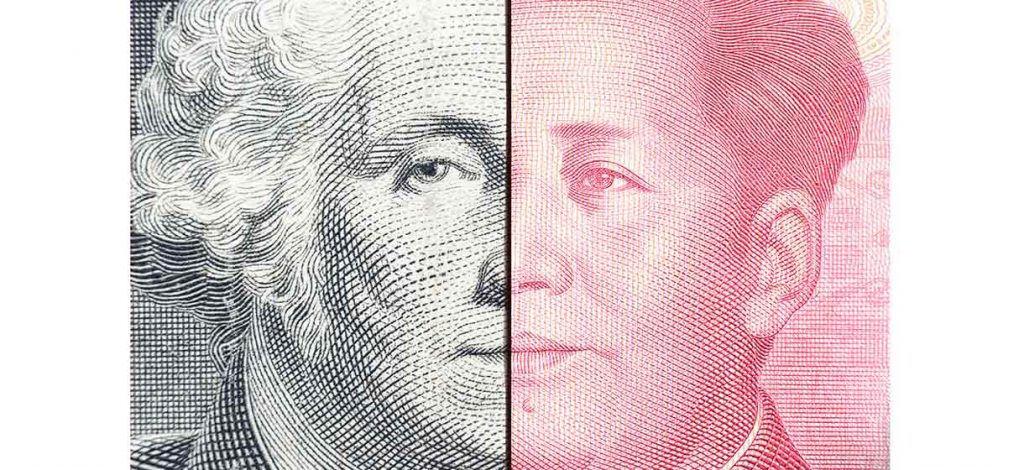
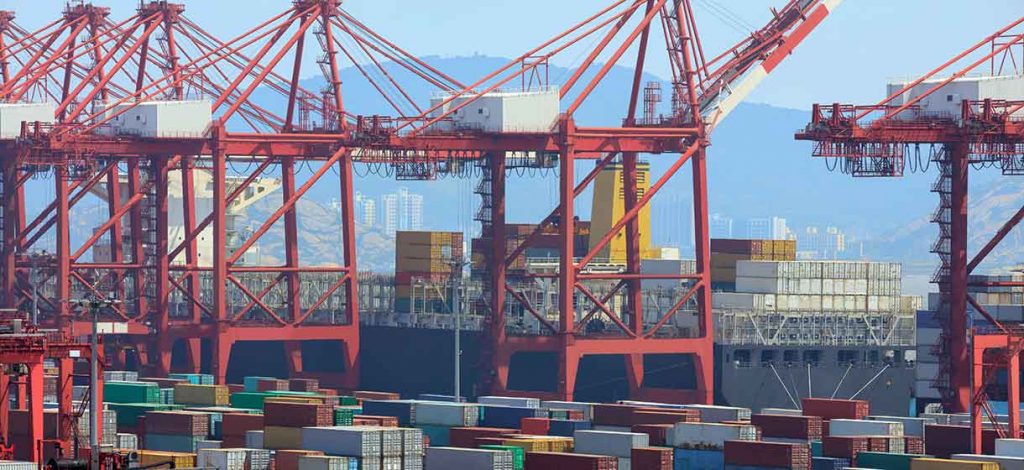
What’s likely to happen in the current economic zeitgeist?
According to Trump, “trade wars are good, and easy to win,” but he has never been one to let historical facts get in the way of a semi-coherent political argument. What’s happened so far has been little more than financial sabre-rattling – flamboyant displays and implicated threats with barely more than a transfusion pouch of blood spilled.
Thrust, parry, riposte will be the order of the day, along with a soupçon of bluff and counter-bluff, with almost all of the protagonists having to realise that neither a decisive victory, nor a positive outcome is likely. Having said that, there will be a few economies around the world circling the field of combat like vultures invited to dinner at the world’s best speciality carrion restaurant.
